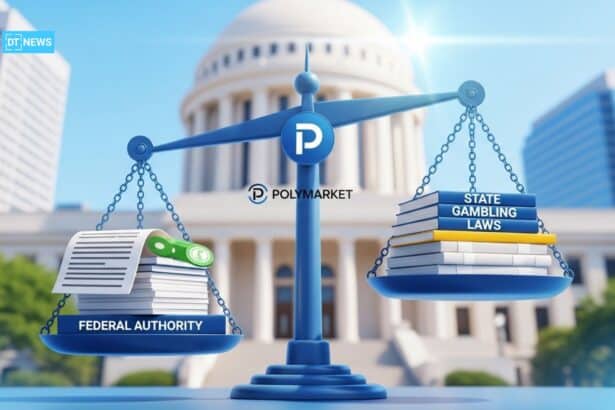Crypto Tax Calculation Rules Across Major Jurisdictions in 2026
Crypto tax calculation is now treated as a serious compliance process as…
What is the SEC’s Role in Crypto Regulation?
The inescapable fact remains that the U.S. Securities and Exchange Commission (SEC) is…
Bitcoin Options Delta Skew Hits 13% as Traders Hedge Lower Prices
Bitcoin options delta skew set the tone for market sentiment this week…
XRP Sentiment Hits 5 Week High Amid Capital Rotation
This article was first published on Deythere. Today in the crypto market,…
Bitcoin ETF Outflows Accelerate as $8.6B Exit Tests Institutional Conviction
This article was first published on Deythere. Bitcoin ETF outflows are quietly reshaping…
Altcoin Season 2026 Shows Early Rotation, But Full Rally Still Unlikely
Altcoin season 2026 shows early rotation in the market, but a full…
ProShares IQMM Targets Stablecoin Reserves as New Rules Tighten in 2026
This article was first published on Deythere. Reserve management is becoming a real…
Eric Trump Bitcoin Prediction: $1M Target as Institutions Embrace Crypto
Eric Trump Bitcoin prediction became public this week as a long-term view…
Crypto Market Today: Bitcoin, XRP, Ethereum React to ETF Flows
This article was first published on. Deythere. The crypto market today shows…
Fed Rate Hikes Loom as Inflation Data Keeps Markets Cautious
This article was first published on Deythere. Fed rate hikes have returned to…








































